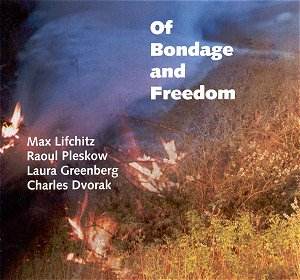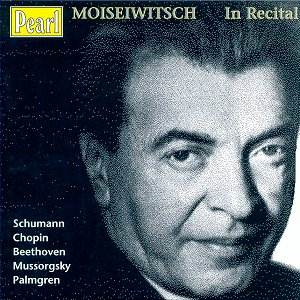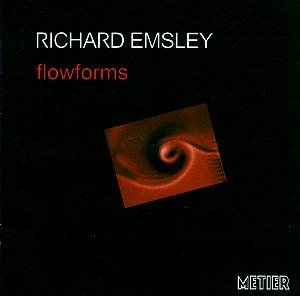 Composer: Max Lifschitz
Composer: Max Lifschitz
Works: Of Bondage and Freedom (1991), Raoul Pleskow: Two Arabesques (1988), Laura Greenberg: La Vida Es Sueño (1988), This Man Was Your Brother (1979), Charles Dvorak: Amandla Mandela! (1991)
Performers: Lynne Vardaman (soprano), Rachel Rosales (soprano), H. Patrick Swygert (narrator), North/South Consonance
Recording: Recital Hall, University of Albany, June 1993 and Great Hall, Long Island University, March 1990
Label: North/South Recordings R 1004
Max Lifschitz, a pivotal figure in contemporary American music, offers a compelling exploration of themes of suffering and liberation in his work Of Bondage and Freedom. Composed in 1991, this piece stands as a testament to the influence of historical and literary contexts on Lifschitz’s musical idiom. Drawing upon the poignant poetry of Abraham Sutzkever and the Nobel laureate Czeslaw Milosz, Lifschitz frames his musical narrative with a blend of profound emotional depth and intricate textures. The three movements, each distinct yet cohesive, reflect not only Lifschitz’s compositional prowess but also his ability to bridge cultural and linguistic divides through music.
The performance, executed by the North/South Consonance ensemble, is marked by an impressive synergy. The opening movement, Premonitions, introduces a haunting solo violin, setting an elegiac tone that resonates with both the sorrow and hope encapsulated in the subsequent vocal works. The soprano settings, particularly in A Cartload of Shoes, reveal a striking interplay between voice and violin, where the Yiddish text’s somber imagery is rendered with both clarity and emotional intensity. Vardaman’s soprano, vibrant and expressive, effectively navigates the challenges of Sprechstimme in Campo di Fiori, where the emotional cadence shifts dramatically between the Polish original and its English translation. The careful attention to timbral contrast enriches the overall narrative, imbuing Lifschitz’s music with a palpable sense of urgency.
Equally noteworthy is Raoul Pleskow’s Two Arabesques, which plays as a diptych of contrasting emotions, showcasing intricate counterpoint and harmonic sophistication. The ensemble’s performance here is commendable, with each player contributing to a tapestry of sound that is both articulate and nuanced. The recording captures the delicate interactions between winds, strings, and piano with remarkable clarity, allowing the listener to appreciate the subtleties of Pleskow’s textures. In contrast, Laura Greenberg’s La Vida Es Sueño presents a more visceral experience, translating Calderón’s existential musings into a rich sonic palette. The instrumental writing, particularly the percussive elements in This Man Was Your Brother, underscores the rapidly shifting moods of Patchen’s poetry, creating a captivating dialogue between text and sound.
Dvorak’s Amandla Mandela! rounds out the program with a focus on social justice, employing a narrator supported by a small ensemble. While the work’s earnestness is undeniable, the often sparse musical material leaves one yearning for a deeper engagement with the narrative. The connection to John Coltrane’s Alabama adds a poignant layer, yet one cannot help but feel that the music, although straightforward and attractive, lacks the complexity that would elevate the piece within this fine collection.
The engineering quality of this recording is commendable, with a balanced mix that enhances the clarity of each instrument and voice. The spatial qualities of the venues used for recording – the Recital Hall and Great Hall – contribute to a sense of intimacy while allowing the harmonic interplay to resonate fully.
This well-curated selection of contemporary American works, anchored by Lifschitz’s profound Of Bondage and Freedom, offers a richly rewarding listening experience. The performances are marked by a keen interpretative insight that brings to life the varied emotional landscapes of each piece. Lifschitz’s voice as a composer is distinct, underscoring the necessity of contextual awareness in modern classical music. Engaging with this disc not only highlights the talents of its performers but also serves as a reminder of the power of music to articulate the human condition across cultural boundaries.



